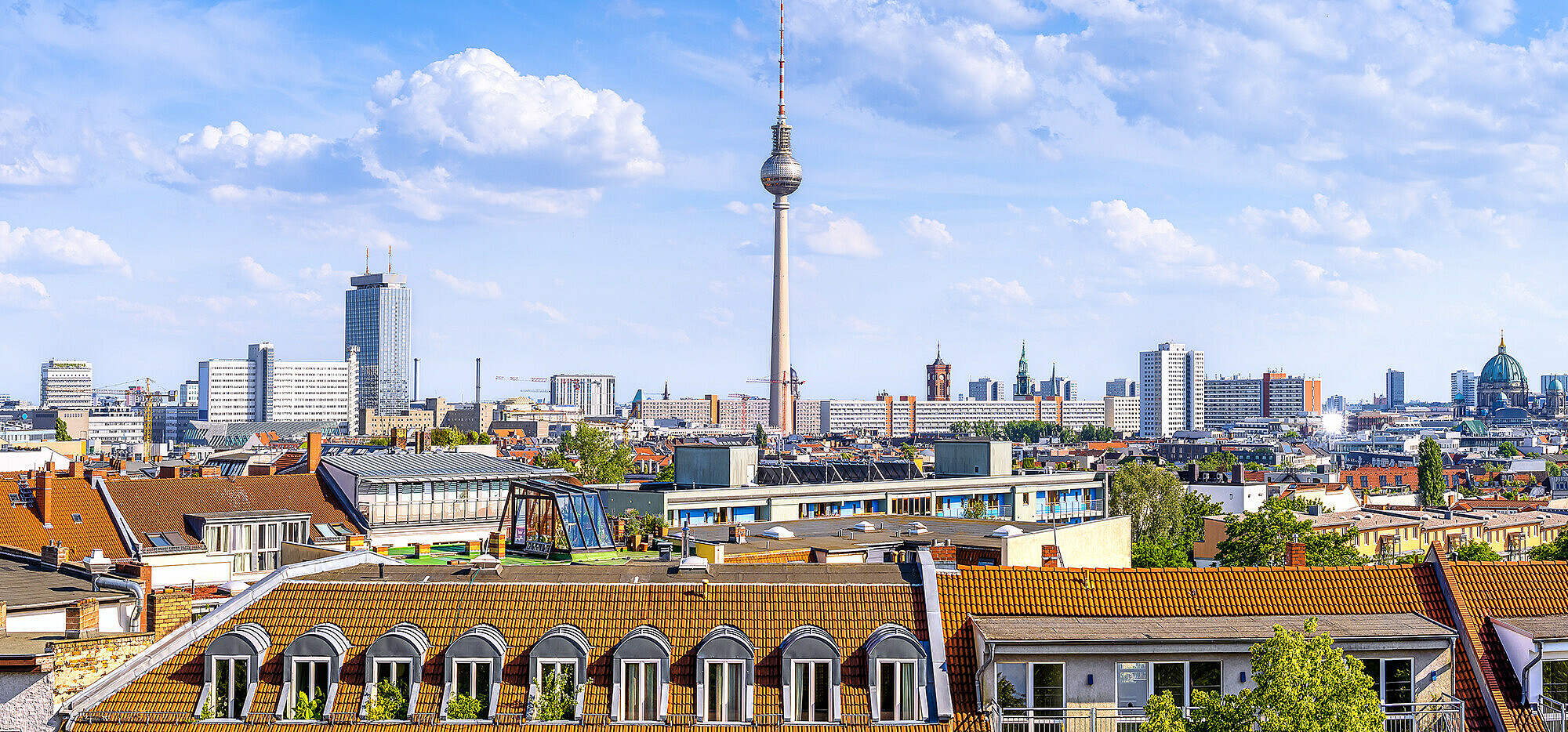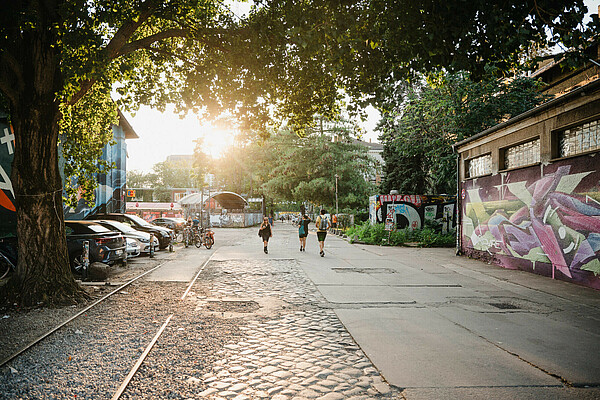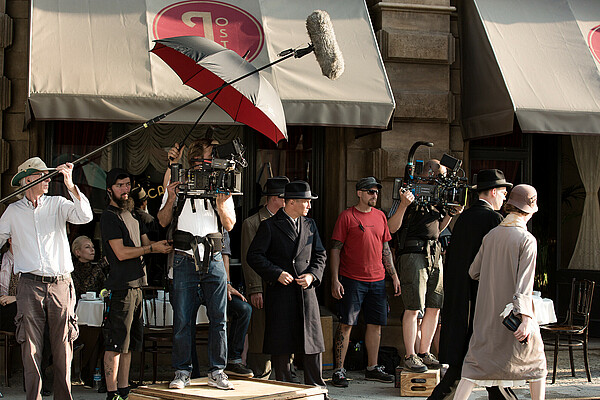A Guide to the Cost of Living in Berlin
“Berlin is poor but sexy”, an ex-mayor of Berlin said in the 20th century. At least one of the two no longer applies.
Money and talent has been pouring into Berlin for years. Investment in the German capital has skyrocketed, and the number of startups and urban professionals in town along with it. By now, the effect of the historic anomaly that made Berlin such a cheap place to live a few decades ago has dissipated. Berlin today is one of the most attractive cities in the world for people, companies, and investors, and being attractive increases demand, which increases prices.
Furthermore, all the factors that have hit other countries in the western world, such as inflation or the unavailability of Russian gas, have taken their toll on Germany too.
So in recent years the cost of living in Berlin has gone up. A lot.
Nonetheless, while to long-time Berliners it seems cynical to say so, Berlin is still one of the cheapest major metropolises to live in the western world.
Prices in Berlin
By far the best place to notice value for money comparative to other capital cities is in a Berlin restaurant. Eating out, while twice as expensive as before the pandemic, is still remarkably less pricey in Berlin than in London, Paris, Copenhagen, let alone Tokyo or New York.
It’s late summer 2023, and a Starbucks Caffè Latte Tall costs €3.99. Make it a bundle with a sandwich and a cake for €10.99. A beer in a bar, 0.4 or 0.5 liter, will cost you between €4,- and €6,-, depending on how salubrious the surroundings.
You can easily find a fair three-course business lunch for under €10,-. For an evening dinner consisting only of a single main course in a middling restaurant, reckon approximately €20,- per person, including one or two drinks (but no aperitif).
Groceries are affordable, though prices vary. A liter of milk will cost between one and up to three Euros, depending on organic or not organic and where you buy. For a kilo of potatoes, the baseline is about €2,-. Discount supermarket chains such as Penny or Aldi will have both non-organic and organic (called “bio” in German). Major supermarket chains such as Edeka also have discount lines (usually non-organic), while the organic chains like Denn’s, Bio Company, or Alnatura have their own “no name” brands for staple foods. Delicatessen shops such as Butter Lindner are more expensive, as are corner shops that stay open late hours, the “Spätis”.
Shopping for clothes or other goodies is possible for almost any budget. The top end brand stores are in Mitte or on Kurfürstendamm. For more alternative options there are plenty of markets or independent stores in districts like Friedrichhain or Kreuzberg.
If you intend to rent an apartment in Berlin, check the rent index. This can give you an idea if your prospective landlord is charging a fair rent. Rent prices are given “cold”, meaning net price without utilities and additional costs such as trash collection or cleaning and maintenance of the stairwell. Where these “Nebenkosten” (side costs) are included, the rent sum is described as “warm”.
Due to protective regulation, residents with old contracts sometimes pay surprisingly low rents, because their landlords are prohibited from raising them without good cause. This won’t help you if you’re moving to Berlin, because apartments that are new on the market tend to be offered for amounts higher than the rent index would suggest. Prices fluctuate greatly according to specific location and the state of the apartment, but don’t expect any rents to be less than €10,- per square meter. Cold, that is.
As a rule of thumb, reckon about a fifth to a quarter of your “cold” rent on top for rubbish disposal, electricity, water and heating. What kind of heating the apartment has will determine how much you have to set aside, with gas or oil heating having become considerably more expensive in recent years.
Landlords expect a deposit of the amount of two or more months of rent. It is usual for apartments to be rented out unfurnished, meaning they may not even contain basic kitchen appliances. However, with the strong influx of professionals in Berlin who do not intend to stay more than a couple of years, more and more fully furnished apartments are on offer – at prices well above the norm rent index.
If in doubt about rent or landlord, reach out to the Berlin Tenants’ Association.

Don’t forget costs for internet and telephony, with monthly contracts available from about €35,-. Furthermore, every household must pay a fee of €18.36 per month to finance Germany’s public broadcasting service.
If you’re thinking of buying an apartment in Berlin, don’t bother unless you have at least €400,000 to spare, with prices starting at around €7000 per square meter.
The Costs of Earning a Living in Berlin
If you get a regular job in Berlin, a part of your gross pay will be automatically deducted. The huge benefit of these mandatory deductions is that you are paying into funds that will pay out to you in case of your need.
For example, after you have left a job and before you start a new one, you have the right to unemployment benefit of 60% of the net income you recently enjoyed! The health insurance that is automatically deducted from your salary means that most medical costs you ever incur, be it a visit to the doctors or an extensive hospitalization with expensive operations, will be covered already, in other words, “free”. The astonishing benefits of this system are sometimes hard to understand – until you need an operation or lose your job.
If you are a freelancer or self-employed, mandatory health insurance will cost somewhere between €400,- and €800,- a month, depending on your age and income.
If you earn an income of above €11,000 per annum you will be subject to income tax starting at 14% and rising incrementally to 42% if you earn upwards of €62,000. So, based on the average annual salary in Germany of approximately €47,700, you can expect that roughly one-third of your salary will not be take-home pay you can spend, but should be set aside in your mind and your bank account for income tax, health insurance, and social security contributions. It can help to think in terms of net take-home pay, and not to forget that the money deducted from the gross income is what is providing the security and stability that makes living in Germany so safe and attractive in the first place.
By the way, if you need a tax consultant, reckon on spending at least €500,- for them to handle your declaration, which only makes sense if you are sure there is a lot you can save. There are also organizations that can help.
Remember that to get your money you’ll need a German bank account, which will typically cost between €4,- and €10,- a month depending on what degree of service you need.
You’re unlikely to need a car if you live in Berlin, so we’re not even going to talk about costs for purchase, insurance, tax, fuel, and mandatory inspections. Believe us, it’s cheaper to take a taxi. The initial fee is €4.30, the price per kilometer is between €2.10€ and €2.80.
The Cost of Kids in Berlin
Berlin is a great place to raise kids, and while kids do cost money, they cost less in Berlin.
In Berlin, every child above one year of age is entitled to state-subsidized daycare, though such a “KiTa” (Kindertagesstaette) may take modest sums for food or additional services. Private daycare may cost over €1000,- a month. Another alternative are certified childminders, who may charge approximately €600,- a month.
If you want to go out to one of those good value restaurants but need a babysitter, expect to pay that young person between €10,- and €12,- an hour.
If your kids are older, things are simpler. In Germany, state primary and secondary schools are free. You are only expected to pay the costs of stationary, school trips, and food. If your child does not speak German and needs to attend an international school rather than a German public school, then expect to pay €15,000 to €20,000 a year for your child’s education. Before shelling out, check to see if some state schools have English as a focus language, which means some subjects are taught in English. A state school will also mean that your child (and you!) will integrate with the local community rather than growing up in an expat bubble.
Higher education is free in Germany, meaning that German public universities do not charge tuition fees for undergraduate degrees. There may be small fees per semester to cover administrative costs. There are also many scholarships available. Private universities, on the other hand, may demand €30,000 a year in tuition fees for an undergraduate degree.
Text: Olaf Bryan Wielk, ideenmanufaktur
Header image: © istockphoto.com






